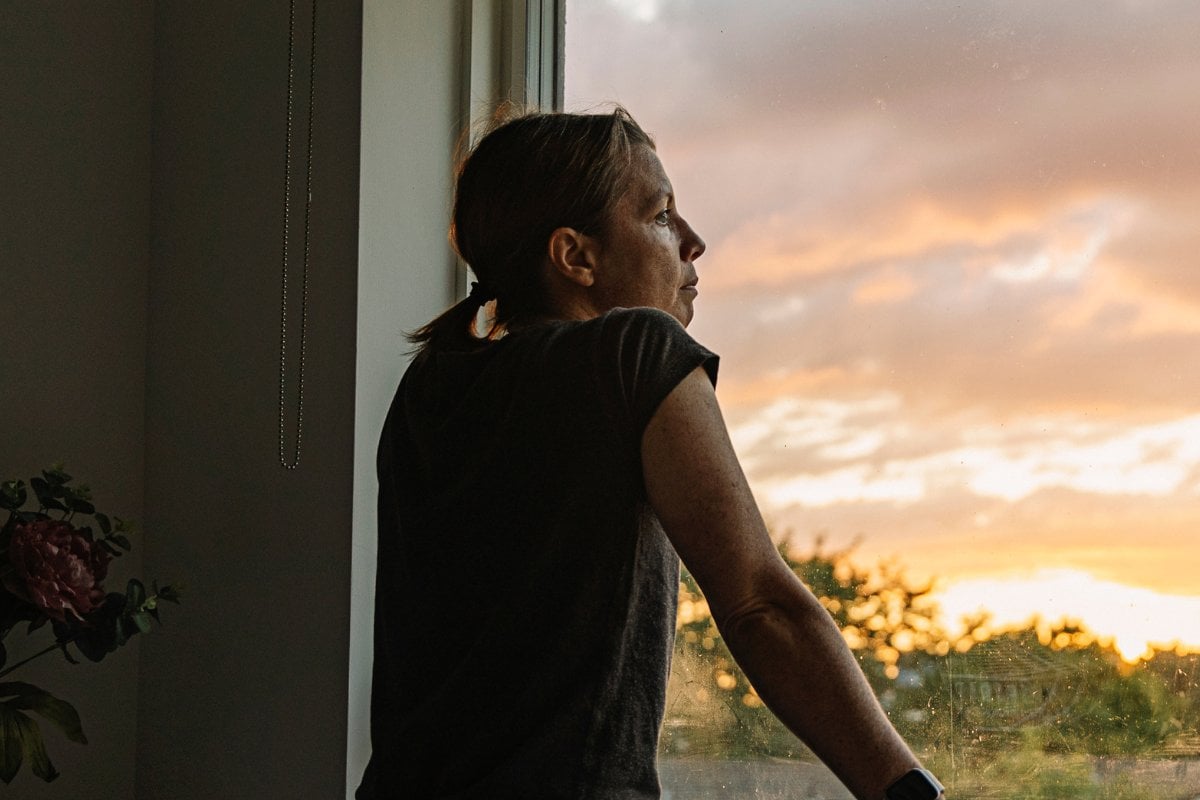
Content warning: This post includes discussions of suicide that may be distressing to some readers.
18 months ago, I wrote an article for Mamamia about my daughter's long struggle with her mental health and her eventual suicide in February 2022.
Since then, I continue to go through the rollercoaster of emotions that losing a child brings and I wrestle with my feelings over her loss every minute of every day.
I've now been through all the "firsts" without her: her birthday, Mother's Day, Christmas and all of those other special times throughout the year that stab you in the heart a little more sharply as the time passes.
Watch: What you need to know about Grief. Post continues after video.
Why then do I find myself apologising to mere strangers when they learn of her death?
All of my friends and family know what happened, however occasionally I run into an acquaintance, and we will be doing the obligatory catch up. I will fill them in on what my son and I have been doing (my husband passed away the year before our daughter.) While I try to end the chit chat there, they will inevitably ask.





























































































